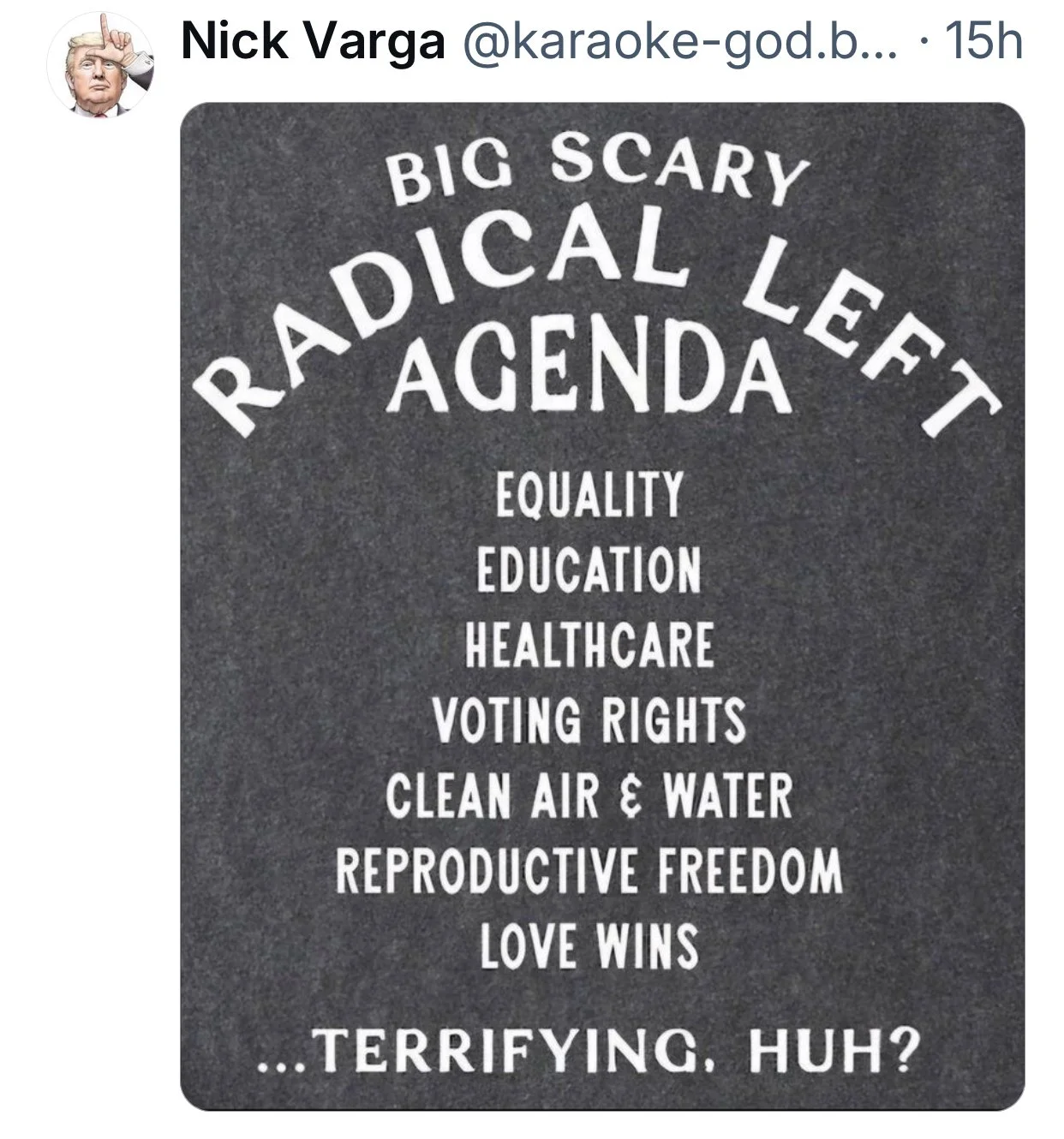
Recent Updates
Positive Impact Award Upgrade!
On 6/2/2025, I posted here that my book Practice, Practice, Practice: This Psychiatrist’s Life came in a Finalist by Positive Impact Awards. That was exciting enough. But then Practice, Practice was upgraded from Finalist to Category Winner (with two others, unranked) in the Health and Wellness Category!
Another Award!
Practice, Practice, Practice: This Psychiatrist’s Life has been declared a Finalist in the spring/summer Positive Impact Awards. “Your work truly stood out, and we’re honored to recognize the meaningful impact you’ve made through your words.”
Wow!
Audiobook Sale!
Do you love to listen to books being read to you? While you garden? While you cook? While you doze off? Well, do I have a deal for you!
Take advantage of this spring sale
Book Review: “Nest Egg” by Josi Avari
Nest Egg is the first of a cozy mystery series (Aloha Chicken Mysteries) set in—you guessed it—Hawaii. I read all eighteen books, enjoyed them thoroughly, and surfaced refreshed with a renewed faith in the goodness of people.
I don’t know about you but I’m not getting enough space these days. From congested traffic. From people needing me. From the news. Every day, there’s a new shock. It’s all too much. I feel crowded. So crowded. I need room, a safe space. To rest. To dispel the darkness. To stay sane in an insane situation.
What’s my safe space? Reading in bed. There is nothing I love more than spending time in a compelling imaginative world. Give me a cozy mystery series any day. Especially these days. Please. I’ll trade you this one by Josi Avari.
Down the Cyber Rabbit Hole
Fun fact: 80% of human communication is non-verbal. Think of the attitude and physical expression that drives the chef’s kiss gesture. That gesture says so much more than the word delightful.
Words floating free of our bodies (i.e. on paper or screen) are slippery and easily misinterpreted. That’s why writing is so hard. That’s the core problem with texting, making it a terrible way to communicate effectively. Yet, not only has texting become ubiquitous, expecting an immediate reply has too. Any delay arouses impatience, anxiety, or worse. Ghosting—
Earrings
I love jewelry. Who doesn’t? But I’m ambivalent about bedecking myself, as that draws attention. While that reticence is my natural inclination, it’s also been reinforced by my work as a therapist psychiatrist. When I was in training, I was taught the following.
You are in the relationship to be of service to the patient. The focus should always be on them, not you.
Dress neutrally, to visually emphasize that the relationship is professional, not personal. You are not dressing to enhance your attractiveness. You are dressing to emphasize your function.
Parents, Keep Your Seatbelts Fastened in the Event of Rough Air
When my son was in fifth grade, he had a dark view of life in general and of school in particular: “The principal is Pharoah and us kids are the slaves.”
“What about the teachers?”
“They’re the ones with the whips.”
What a metaphor. I felt bad for him.
Book Review: All the Beauty in the World: The Metropolitan Museum of Art and Me, by Patrick Bringley
Twenty-five-year-old Patrick’s beloved brother Tom dies and he finds himself unable to return to the hustle of his cubicle job at The New Yorker magazine. A long-time lover of art and art museums, he visits the Met and finds there a timeless stillness and beauty that is the antithesis of the thrusting, questing energy characteristic of New York City. Thus begins the story of the ten years he works at the Met as a guard, learning who he is without his brother in company with some of the greatest world art of all time and an international, multi-ethnic crew of guards from all walks of life. This is a workplace memoir taking us into the back of the shop, which is fascinating alone. But there is so much more.
Holiday Family Gatherings a Contributing Factor to Yearly Winter Flu Epidemic, Study Reports
Yes, ‘tis the season once again. Time to repost and reread this insanely useful study—your world will be rocked.
Thrilled to Announce
The Proud Author and W. W. Norton & Company are Thrilled To Announce the Publication of Her Second Book Today 9/17/2024.










